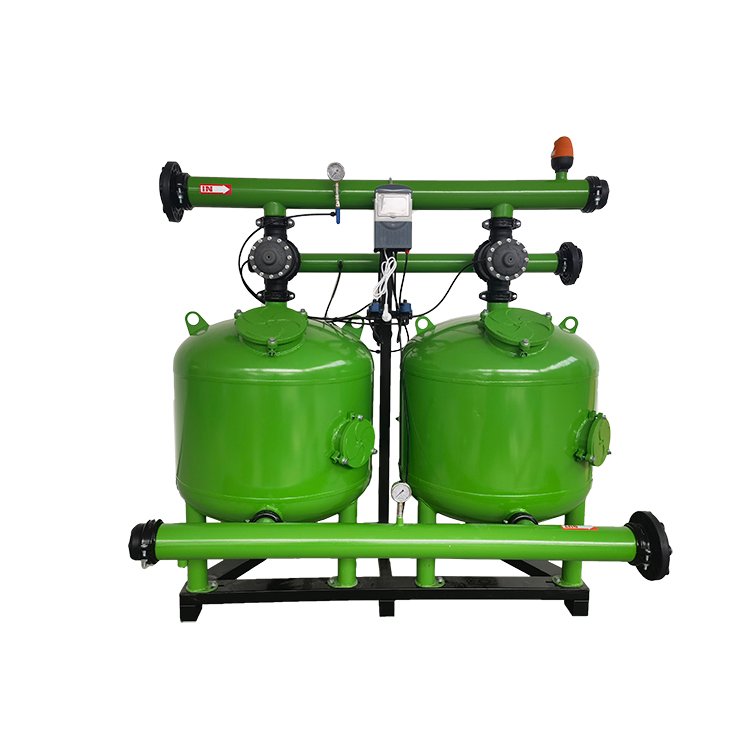If you’re looking to maintain a healthy and thriving irrigation system, choosing the right irrigation filter is crucial. Not only does a proper filter ensure that your plants receive the correct amount of water, but it also prevents clogging and damage to your irrigation system.
Here’s what you need to know about choosing the right irrigation filter for your system:
- Understand the Different Types of Filters Available
There are three main types of irrigation filters: screen, disc, and media. Each type has its own unique features and advantages.
Screen filters are the most commonly used type of filter. They feature a mesh screen that captures debris and sediment as water flows through it. Disc filters use a stack of circular discs to filter water, making them ideal for water with high levels of organic matter. Media filters use sand, gravel, or other materials to filter water, making them ideal for large-scale irrigation systems.
- Consider Your Water Source
The type of filter you choose should be based on the quality of your water source. If you’re using well water or surface water, you may need a more sophisticated filter system to remove sediment and other impurities.
- Determine Your Flow Rate
Your flow rate is the amount of water that passes through your irrigation system in a given period of time. This is an important factor to consider when choosing your filter, as you need to ensure that your filter can handle your flow rate without causing a drop in water pressure.
- Choose the Right Filter Size
Your filter size should be based on the flow rate of your irrigation system. The larger your system, the larger your filter needs to be in order to handle the flow rate.
- Consider Maintenance Requirements
All filters require some level of maintenance, but some are easier to maintain than others. For example, screen filters are easy to clean and maintain, while disc and media filters require more extensive maintenance.
- Look for Quality Materials
When choosing an irrigation filter, it’s important to look for quality materials that can withstand the rigors of outdoor use. High-quality materials such as stainless steel or PVC are durable and long-lasting.
- Consider Cost
The cost of an irrigation filter can vary widely depending on the type, size, and materials used. While it may be tempting to choose a lower-cost option, it’s important to consider the long-term cost of maintenance and potential damage to your irrigation system if a filter fails.
In conclusion, choosing the right irrigation filter is an essential part of maintaining a healthy and efficient irrigation system. By understanding the different types of filters available, considering your water source and flow rate, choosing the right filter size, and looking for quality materials, you can ensure that your irrigation system is protected and your plants are receiving the right amount of water.


